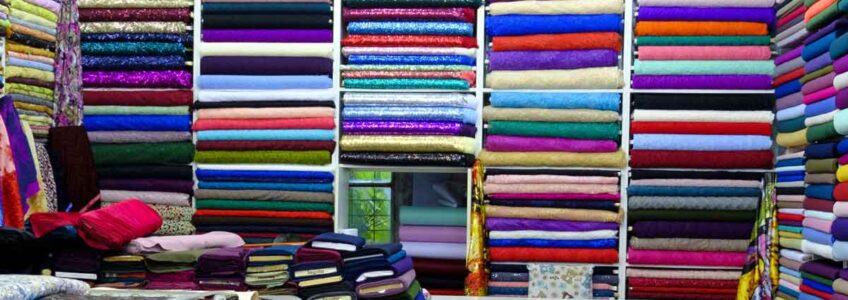After the crisis of recent years which has also seen a fall in the turnover of the textile sector, the latter is finally preparing to restart and recover ground.
Made in Italy is no longer threatened, despite the prices of raw materials and the vertiginous increase in the cost of energy. These two factors, in fact, are redesigning the priorities of the manufacturing industries, which face the increases that affect heavily within the supply chain.
The future of the Italian textile and fashion industry was analyzed at the annual meeting of SMI (Sistema Moda Italia – Federazione Tessile e Moda), headed by the new president Sergio Tamboriniappointed on September 29.
SMI believes that, through an investment policy to be launched in a timely manner, it is possible to preserve and relaunch the supply chain. The association has thus elaborated a strategy based on three plans of participation, with total investments for approximately 8 billion euros: emergency participations, strategic participations of medium period, strategic participations of along period.
The main focus of the Tamborini programme is the increasingly topical theme of sustainability, conceived in synergy with the principles of the circular economy to be applied also in the fashion sector. Along with environmental sustainability, crucial for the relaunch of the sector, there is the need to implement new technologies. The latter must be accompanied by increasingly specific and avant-garde skills: in this way, it is consumed less respecting even those that are the needs of fashion, which always needs novelty.
In this regard, Europe and the European Commission have defined an instrument, the PEF, which measures the environmental impact of companies and then directs them towards new forms of circularity increasingly evolved and less impacting on the environment.

Manifattura Foderami Cimmino: ethics of recycling and eco-sustainable fabrics
Since fashion and the world of furniture are increasingly heading towards a turning point of an eco-sustainable type, Cimmino also presents its catalogue of biological and recycled fabrics, produced from the cellulose of trees or from waste from other production chains.
Fashion based on the minimum impact and on the model of the circular economy provides for the reuse of waste, eliminating only the bare necessities: it is precisely from therecycling of plastic and waste fibres that some of the Cimmino fabrics, ambassadors of the Made in Italy in the world are born. The eco-sustainable Cimmino fabrics are an indication of extreme quality, being carefully processed in detail, and in addition they are eco-friendly, as they are oriented to the environment, work and animal rights.
Discover now which Cimmino eco-sustainable fabrics are ready to make a difference!



